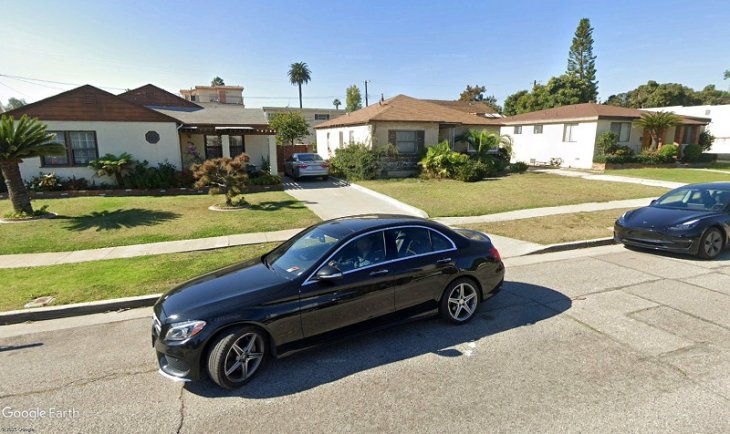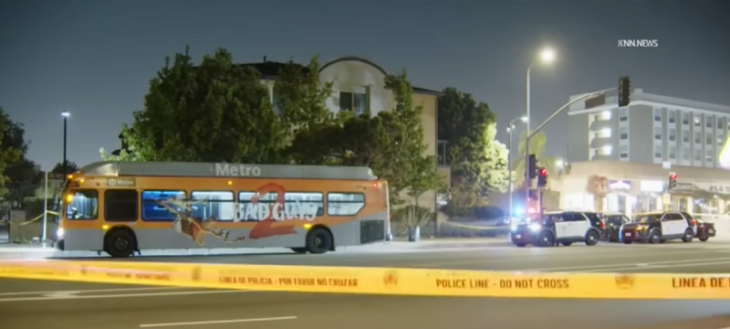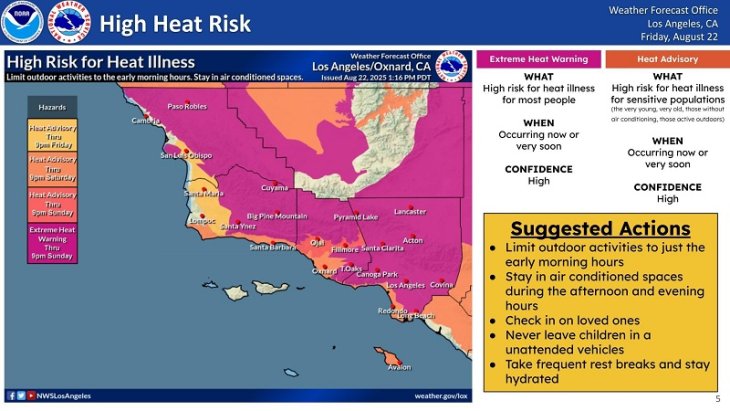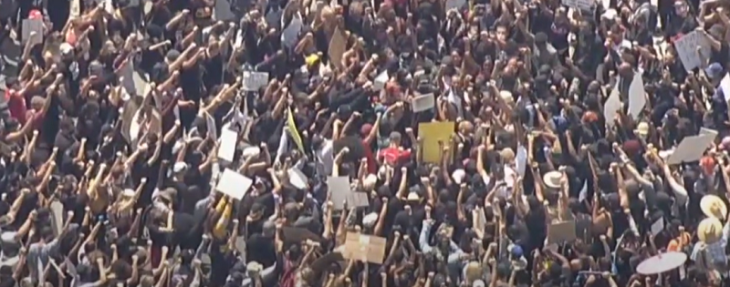
Los Angeles Mayor Eric Garcetti was joined by film and television workers and other leaders Wednesday in hailing the governor’s announcement that a deal was struck on a bill to provide up to $330 million in tax incentives annually to keep big and small screen productions in California.
The agreement between Gov. Jerry Brown and legislative leaders calls for extending the California Film and Television Tax Credit Program for five years, starting in fiscal year 2015-16, and increasing the tax incentives offered by the state from the current $100 million.
The deal also calls for abandoning the lottery process to pick the recipients. Instead, applicants will be judged based on the number of jobs they provide and their economic impact.
The bill now awaits a vote on the state Senate floor.
Garcetti said the agreement will help Los Angeles hang onto its standing as “the entertainment capital of the world.” He also declared it a “success for California’s middle class,” saying it will benefit the “heart and soul of the entertainment industry” such as “artisans, craftspeople and trades people who you never see on screen.”
Earlier this year, the mayor appointed a film czar to lobby for increased tax incentives.
Assemblymen Mike Gatto and Raul J. Bocanegra, D-Los Angeles, wanted to increase the incentives to $400 million to compete with tax credits offered by other states. New York’s program provides about $450 million annually in tax incentives for film and television projects.
Gatto said he is “pleased” with the agreed-upon language, which contains important features such as allowing blockbuster movies, as well as pilots and dramas, to become eligible for the incentives.
Those productions are usually the “biggest source of employment” in the film industry for the state, he said.
“We set out at the beginning of this year to create a program that will not only be bigger, but also smarter and more thoughtful,” Gatto said. “We have an agreement on a program that is just that.”
Gatto said he was not worried the incentives pot would still be smaller than New York’s, noting that California enjoys some “inherent advantages” that will attract productions regardless.
“We just need to be competitive again,” he said. “I personally don’t want to compete too directly on a financial basis with those states.”
If the bill wins passage on the Senate floor — with a vote scheduled for tomorrow — and clears a concurrence vote in Assembly, it will go to the governor’s desk for signing, he said.
Los Angeles City Councilman Paul Krekorian, who authored 2009 legislation that led to the original film tax incentive program, called it “a great day for California and our signature industry.”
He predicted that with an “influx of filming in our cities and counties,” Los Angeles and other communities in the Southern California area will need to redouble efforts to make it easier for productions to be filmed locally.
The deal also drew praise from a coalition of off-camera film and television workers.
“Gov. Brown and legislative leaders have delivered a production incentive program that makes California jobs priority number one,” said Thom Davis, business manager of IATSE Local 80, which represents film and TV technicians.
Ed Duffy of the Teamsters Local 399, a union representing drivers, location managers and casting directors, voiced support for the proposed legislation tying the incentives to job creation, calling it “a win for workers and California’s economy.”





















